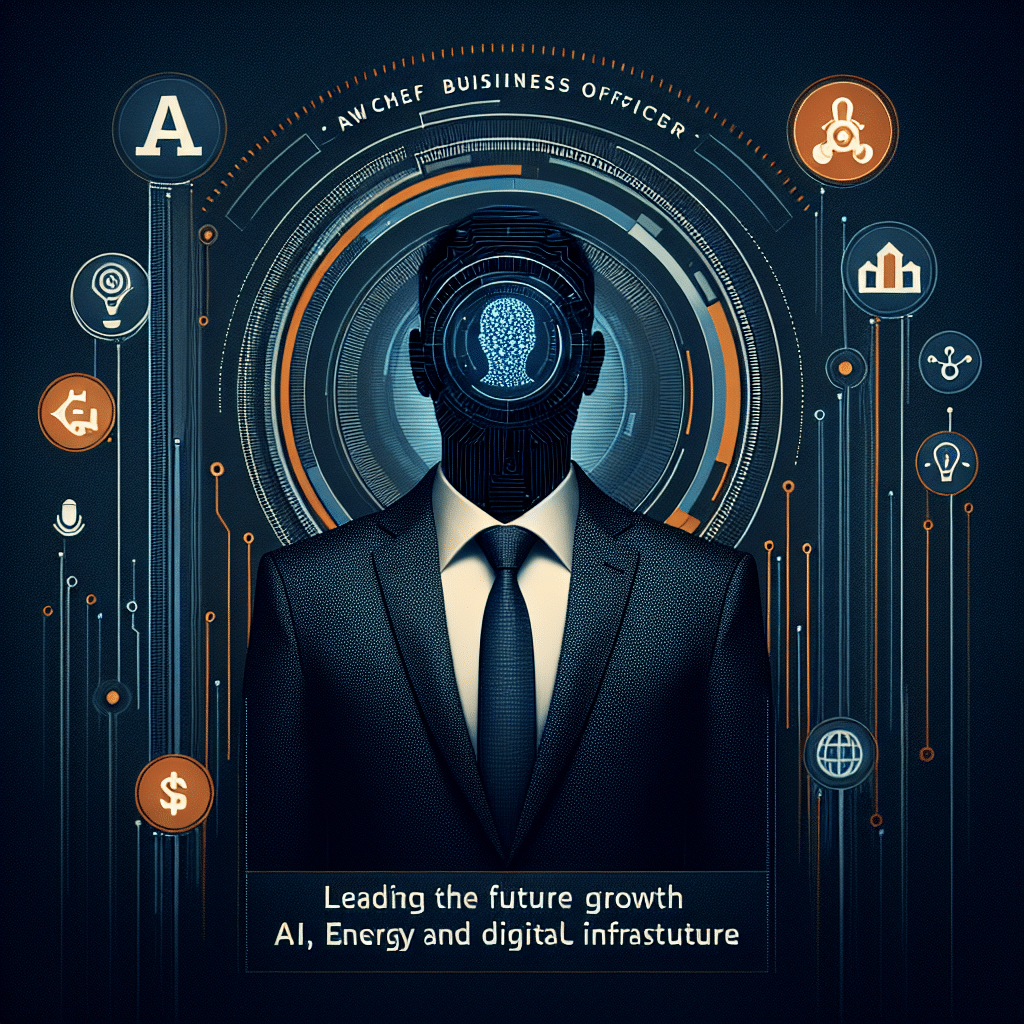In a strategic step indicative of its shifting focus, cryptocurrency giant Tether has recently designated Benjamin Habbel as the chief business officer. Habbel, with his extensive background in reputed firms like Google and Limestone Capital, will be responsible for setting the course of the company’s investment strategy. His focus will be primarily on AI, energy, and digital infrastructure.
The future of Tether and Habbel’s role
Habbel’s experienced leadership is anticipated to guide Tether through a period of significant growth. With his eye trained on areas such as AI, energy, and digital infrastructure, he will supervise the company’s financial activities and make strategic investment decisions. Even though Tether is traditionally known for its dominance in the stablecoin market, Habbel’s appointment suggests that the company is set to transition towards having a larger role as a diversified global investment entity.
Tether’s announcement
An official statement from Tether on September 24 revealed that Habbel will lead the organisation’s growth and financial strategies, as well as manage its expanding investment portfolio. His remit involves pushing forward Tether’s aspiration of constructing robust infrastructure for a decentralized future, signifying the company’s intent to broaden its operational domains beyond simply digital payments.
Tether CEO Paolo Ardoino expressed his confidence in Habbel’s leadership, “With Benjamin’s leadership and expertise, I am confident we will continue to strengthen this foundation and accelerate Tether’s evolution into a global technology and financial leader – one capable of standing shoulder to shoulder with the legacy giants we aim to disrupt.”
Tether diversifies investments
Under Habbel, Tether anticipates being directly involved with portfolio companies operating in industry sectors like artificial intelligence, telecommunications, and Bitcoin mining. This pitch reveals Tether’s prominent market status, as it holds a substantial cache of 92,646.2 BTC, worth close to $10.47 billion. Habbel’s remit at Tether will not only encapsulate these domains but spread far beyond to include neurotech, real estate, and cloud computing. This demonstrates Tether’s hunger for novel opportunities and an eagerness to diversify its portfolio.
Throughout his career, Habbel has proven himself as a multifaceted leader. At Google, he held key roles in the development and expansion of flagship products like Android and Google Maps, and was also a recipient of Google’s prestigious OC Award for Innovation. Following his stint at Google, Habbel founded his own software companies that he guided to successful exits. Thereafter, he helmed Limestone Capital as CEO for nearly a decade, growing the alternative asset manager into a formidable platform managing $1 billion in assets.
The significance of Habbel’s appointment
Habbel’s appointment provides a clear indication of a new phase of growth for Tether. A veteran in the field, Habbel is expected to effectively steer the financial engine of the company, which operates on an unprecedented scale. As the company is researching a $20 billion capital raise aiming for a $500 billion valuation, buoyed by its dominance of the $172 billion USDT stablecoin market and substantial quarterly profits, Habbel’s leadership is more significant than ever.
Executive changes at Tether
Apart from Benjamin Habbel, Tether has recently made other high-profile executive hires indicative of the scale of the company’s investments. In August, Bo Hines, the former Executive Director of the White House Crypto Council, joined Tether as a Strategic Advisor for U.S. strategy. The company’s ambitious strides extend beyond digital assets, as it recently acquired a 70% stake in sustainable agriculture giant Adecoagro and also invested in gold royalty company Elemental Altus.
Diversified Investments
Furthermore, Tether has diverse interests in the media industry through its strategic holdings in organisations such as Be Water and Rumble. The company has also invested in Blackrock Neurotech, a firm specialising in brain-computer interfaces.

















